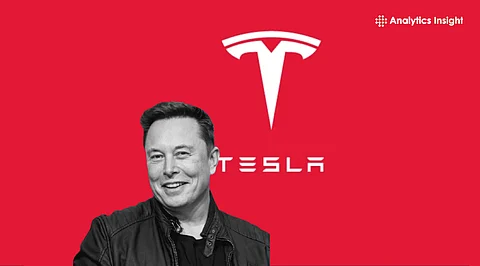Tesla shareholders have approved a groundbreaking compensation package worth approximately $1 trillion for CEO Elon Musk. This deal marks the largest corporate compensation arrangement in history and was ratified during the company’s annual general meeting held on March 15, 2024, in Austin, Texas. Over 75% of shareholders expressed their support for Musk’s ambitious vision to pivot Tesla from primarily an electric vehicle manufacturer to a leader in artificial intelligence and robotics.
Investor Confidence in Musk’s Leadership
The approval of this extensive compensation plan highlights a strong belief among investors in Musk’s leadership capabilities. The package, which could ultimately be valued at around $878 billion after necessary adjustments, ties Musk’s earnings to significant operational and valuation milestones. These milestones are designed to expand Tesla’s reach into autonomous driving, humanoid robotics, and AI chip development. Musk emphasized this shift in his address to shareholders, stating, “What we are about to embark upon is not merely a new chapter of the future of Tesla, but a whole new book.”
The meeting featured the company’s dancing humanoid robots, underscoring the excitement surrounding Tesla’s future projects, including the anticipated launch of the Cybercab robotaxi in April 2024, the unveiling of the next-generation Roadster, and plans for a substantial AI chip fabrication facility in collaboration with Intel.
Balancing Ambition with Accountability
The approval process for the pay plan followed extensive discussions among major investors and analysts. Critics described the compensation as “excessive and unnecessary,” while supporters argued it was critical for retaining Musk’s commitment and aligning his objectives with shareholder interests. The package mandates that Tesla achieve essential benchmarks, including the production of 20 million vehicles annually, operation of 1 million robotaxis, and generating $400 billion in core profits. Additionally, the company must reach a valuation between $2 trillion and $8.5 trillion, with Musk receiving 1% of Tesla’s shares for each milestone met.
The vote also included Tesla’s financial backing for Musk’s AI startup, xAI. Despite the approval, many shareholders chose to abstain from voting, citing potential conflicts of interest. Corporate governance experts, including Jessica McDougall of Longacre Square, indicated that investors would likely demand increased oversight to maintain clear boundaries between Tesla and xAI. Notably, Norway’s sovereign wealth fund and proxy advisory firms Glass Lewis and ISS opposed the proposal, warning of possible dilution of shareholder value.
This pivotal decision not only solidifies Musk’s authority over Tesla’s strategic direction for the next decade but also raises questions about the company’s focus amidst Musk’s other ventures, including SpaceX and xAI. Despite concerns regarding his sometimes controversial public statements, investors seem optimistic that Musk’s vision will lead to substantial growth. As Musk articulated, “What we are about to build isn’t just the future of Tesla, it’s the foundation of an entirely new kind of company.”
Should Tesla meet all outlined targets, Musk would secure 12% of the company’s shares. This achievement would not only reinforce his status as the world’s richest individual but also position him as the architect of Tesla’s evolution into a pioneering force in the AI sector.
